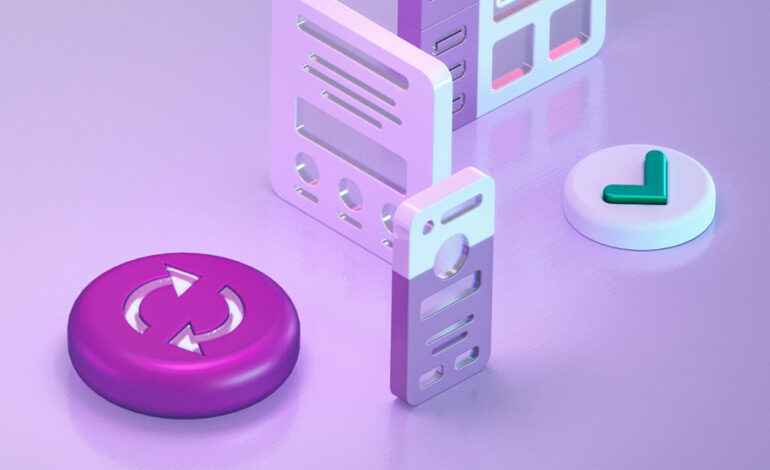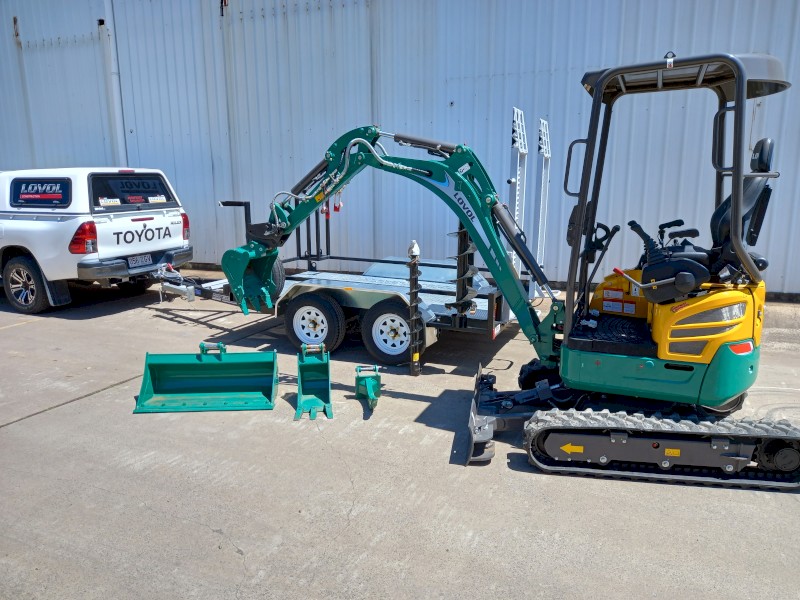
Selling Your Junk Car Without a Title: What Are Your Options?
Got an old car sitting in your driveway? Maybe it’s not roadworthy anymore, or it’s been there so long it feels like part of the scenery. If you’re thinking about getting rid of it, you might wonder: “What do I do if I don’t have the title?” Don’t worry—you’ve still got options.
Junkyards and Scrap Buyers: The Go-To Choice
Junkyards and scrap buyers are some of the most straightforward ways to junk a car without a title. These businesses deal with vehicles that are beyond repair or use, so they’re not as strict about paperwork as other buyers. Why? Because they’re not looking to resell the car as-is—they’re interested in the parts and materials.
Here’s what you need to know: most junkyards will still require proof of ownership. This means they’ll ask for your driver’s license and vehicle registration. Why? It’s their way of ensuring the car isn’t stolen. If you’ve got these documents but no title, you’re in a good position to sell. If you’re not sure about the requirements, a quick call to the junkyard can save you time. They’ll explain what they need before you make the trip.
Junkyards and scrap yards are especially convenient because they often offer free towing services. If your car isn’t drivable, they’ll usually pick it up and haul it away for you. Keep in mind, though, that prices for scrap cars can vary. The value depends on the weight of the metal and current market rates. It’s a good idea to call a few places to compare offers before making a decision.
Selling to a Private Buyer: A Little More Work
If your car still has some life left in it, you might consider selling it to a private buyer. While this option can bring in more money than a junkyard, it’s trickier without a title. Here’s why: private buyers often want a title to prove they’re the new owner. That doesn’t mean it’s impossible, though.
First, check your local Department of Motor Vehicles (DMV) for title replacement options. In many cases, you can apply for a duplicate title if you’re the registered owner. Once you have it, the process becomes much smoother for everyone involved.
If getting a duplicate title isn’t an option, you’ll need to be upfront with the buyer. Explain why the title isn’t available and provide any other documents you have, like the registration or a bill of sale. Keep in mind, some buyers might be hesitant without a title, so expect a bit of negotiation here.
Parts Sales: Breaking It Down
What if no one wants the whole car, or the offers are too low? Selling the car for parts might be the way to go. It’s a bit more effort, but it can be worth it financially—especially if your car has valuable components like a working engine, transmission, or newer tires.
Here’s how it works: You’ll need to strip the car and sell parts individually to buyers who are looking for specific pieces. Online platforms and local auto shops are great places to advertise these parts. While this method takes time and space, it can bring in more money than selling the car as a whole.
Just keep in mind that even when selling parts, documentation is still helpful. Buyers might ask where the parts came from, and having registration or other proof of ownership will help put their minds at ease.
Donation: A Feel-Good Option
If the idea of selling your car feels like too much hassle, donating it might be the right move. Many charities accept cars—even without titles—as long as you can prove ownership. They’ll either use the car themselves or sell it to raise funds for their programs.
The bonus? Most donations are tax-deductible. The charity will provide you with a receipt, which you can use when filing your taxes. While this option doesn’t put cash in your pocket immediately, it can still bring financial benefits in the long run.
What to Do Before Selling or Donating
Before you sell or donate your car, take a few important steps to protect yourself:
● Remove personal items – Double-check every nook and cranny for anything you’ve left behind. You’d be surprised what people forget in their cars.
● Cancel insurance – Don’t forget to notify your insurance company once the car is sold or donated. There’s no need to pay for coverage on a vehicle you no longer own.
● Remove license plates – In many places, you’re required to return the plates to the DMV or transfer them to your next vehicle.
These steps might feel small, but they can save you from headaches down the line.
The Bottom Line
Selling a junk car without a title might seem daunting at first, but as you can see, there are plenty of options. Junkyards and scrap buyers are often the easiest route, especially if your car isn’t worth much beyond its materials. Private buyers and part sales can work if you’re willing to put in a bit more effort, while donations are a hassle-free way to make a difference and get a tax benefit.
Whatever option you choose, make sure you have some proof of ownership to make the process smoother. And remember, your old car might not look like much now, but with the right approach, it can still have value.





